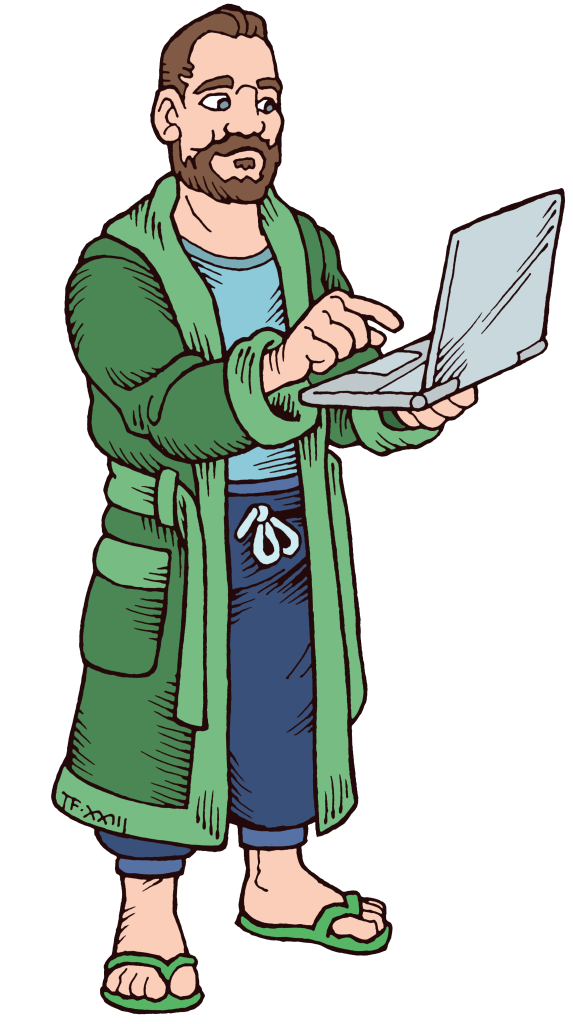At CMX Global last week, I presented a workshop on defining a membership identity for your community. I found this to be a valuable exercise and thought I would apply the same principles to the WordPress community since that is the community with which I am most familiar.
But first:
What is a Community Membership Identity?
A membership identity for a community is, as the name suggests, something that members can identify with and aspire to as they participate in activities related to the community. In order to define this identity, I use a framework that I adapted from Charles Vogl’s The Art of Community that includes three key questions to help community managers think about the core principles of their community program.
Those questions should all be answered in the context of the work the community does and should be considered to be aspirational goals that members can work towards.
The questions are:
- Who am I? Who does your community tell members they are?
- How should I act? What does your community tell members they should do?
- What do I believe? What does your community tell members they should believe?
The answers only need to be a single sentence each time and should be statement reflecting what you consider to be the “ideal” community member.
What does this look like for WordPress?
As part of my preparation for this workshop, I answered these questions for the WordPress community. For the purposes of this exercise, I grouped the community into two broad categories: Users & Contributors:
Who am I?
Users:
I am a unique individual with something important to say – my thoughts and ideas are valuable.
Contributors:
I have useful skills that I can use to make impactful contributions to the broader community.
How should I act?
Users:
I share my ideas and publish content that I care about.
Contributors:
When I can, I volunteer my time to contribute back to the community, helping others do the same.
What do I believe?
Users:
I believe my ideas are valuable and it’s worth taking the time to publish them.
Contributors:
I believe in the freedom that open-source provides and that I can take part in sharing that freedom with others.
I originally worked on this in November when I gave this workshop at an in-person event in Cape Town, but I modified my answers this time and I feel like they are an accurate summary of what leaders in the WordPress project hope for users and contributors to aspire to. This is, of course, my own opinion and I’m sure others have their own ideas about what the answers here should be.
For folks involved in the WordPress community in some way, does this resonate with you? Do you agree or disagree? I’d be interested to hear what others think about this!





Leave a Reply